
Four decades later, another win for the Boundary Waters
The Biden administration canceled mining leases near the Boundary Waters Canoe Area Wilderness -- a place that our network first helped protect way back in 1978.
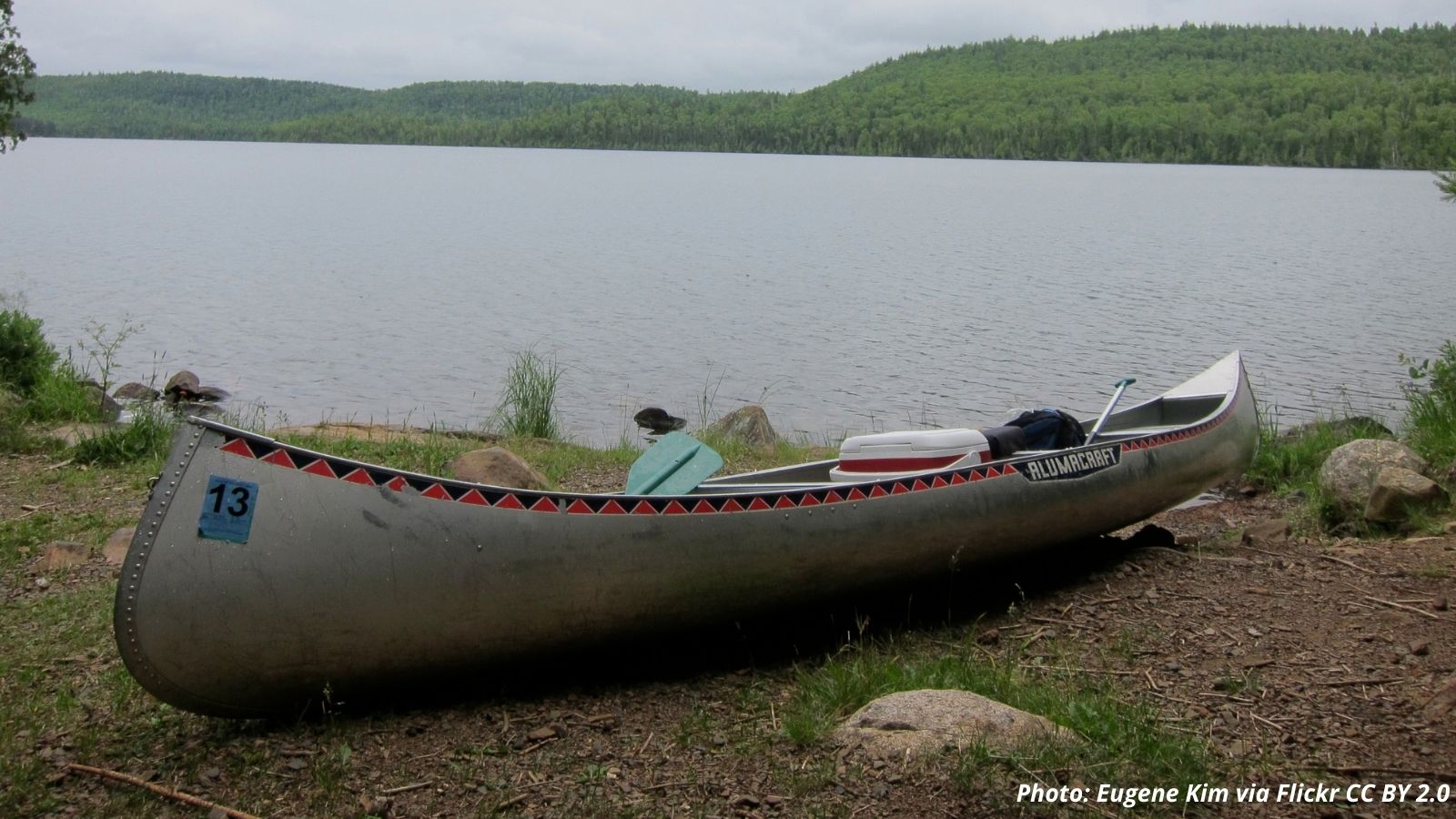
In the early 1970s, the U.S. Forest Service planned to allow private logging in the Boundary Waters Canoe Area of northern Minnesota. One million acres of conifer forests and hundreds of pristine lakes were at risk.
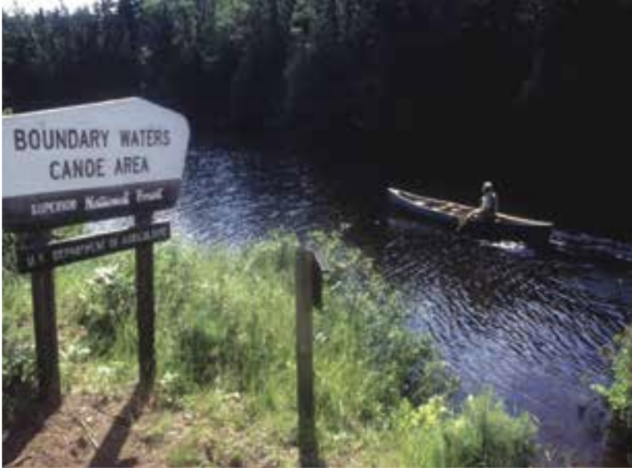
In 1972, attorneys with the newly formed Minnesota PIRG took legal action to forestall logging. In a federal lawsuit, PIRG charged that the Forest Service had approved logging without filing the required Environmental Impact Statement (EIS). Almost immediately, PIRG won a temporary injunction against logging and, later, PIRG won the case. When the Forest Service eventually filed an EIS that justified logging, PIRG sued again, arguing that the EIS was inadequate.
By the time PIRG lost its final appeal to the U.S. Supreme Court in 1978, Minnesotans had heard enough about the Boundary Waters to become convinced that it was worth protecting. Even as the legal battle transpired, MPIRG students were busy developing alternative strategies. Students and others copied lists of users of the Boundary Waters from the Forest Service, then sent out a mailing. With the money they raised and the support of other preservation groups, a new organization — Friends of the Boundary Waters Wilderness — was formed.
PIRG’s efforts also got a boost from a passionate defender of the wilderness: retired forester and professor Bud Heinselman.
“He’d come to MPIRG, wait until the staff had left for the day, and stand at the copy machine for hours to send mailings to the Friends of the Boundary Waters Wilderness,” said Minnesota PIRG director Jon Motl. “Everything happens because a human being appears and does something extraordinary. It was Heinselman. Students and staff loved him, and he loved MPIRG.”
By 1978, the work of Bud Heinselman, PIRG students and others had built the Friends of the Boundary Waters Wilderness into a strong organization. The Friends led the drafting of federal legislation to permanently protect the area and lobbied Congress to support it. Meanwhile, PIRG students built support on their campuses, collecting more than 14,000 signatures on a petition in support of preserving the Boundary Waters.
The bill to protect the Boundary Waters passed Congress in October 1978. Today, the Friends of the Boundary Waters Wilderness remains a watchdog and steward of the area, while the wilderness itself remains what it always has been — an unspoiled natural treasure
—-
Environment America is part of the Public Interest Network. The Public Interest Network operates and supports organizations committed to a shared vision of a better world and a strategic approach to social change. Our network includes the state Public Interest Research Groups, U.S. PIRG, state environmental groups in 29 states, Environment America, Environmental Action, Center for Public Interest Research, Fund for the Public Interest, Fund for the Public Interest Foundation, Community Action Works, Green Century Capital Management, Green Corps, National Environmental Law Center, Frontier Group, and Snowriders International.
Topics
Authors
Elizabeth Ridlington
Associate Director and Senior Policy Analyst, Frontier Group
Elizabeth Ridlington is associate director and senior policy analyst with Frontier Group. She focuses primarily on global warming, toxics, health care and clean vehicles, and has written dozens of reports on these and other subjects. Elizabeth graduated with honors from Harvard with a degree in government. She joined Frontier Group in 2002. She lives in Northern California with her son.
Ellen Montgomery
Director, Public Lands Campaign, Environment America
Ellen runs campaigns to protect America's beautiful places, from local beachfronts to remote mountain peaks. Prior to her current role, Ellen worked as the organizing director for Environment America’s Climate Defenders campaign. Ellen lives in Denver, where she likes to hike in Colorado's mountains.
Find Out More
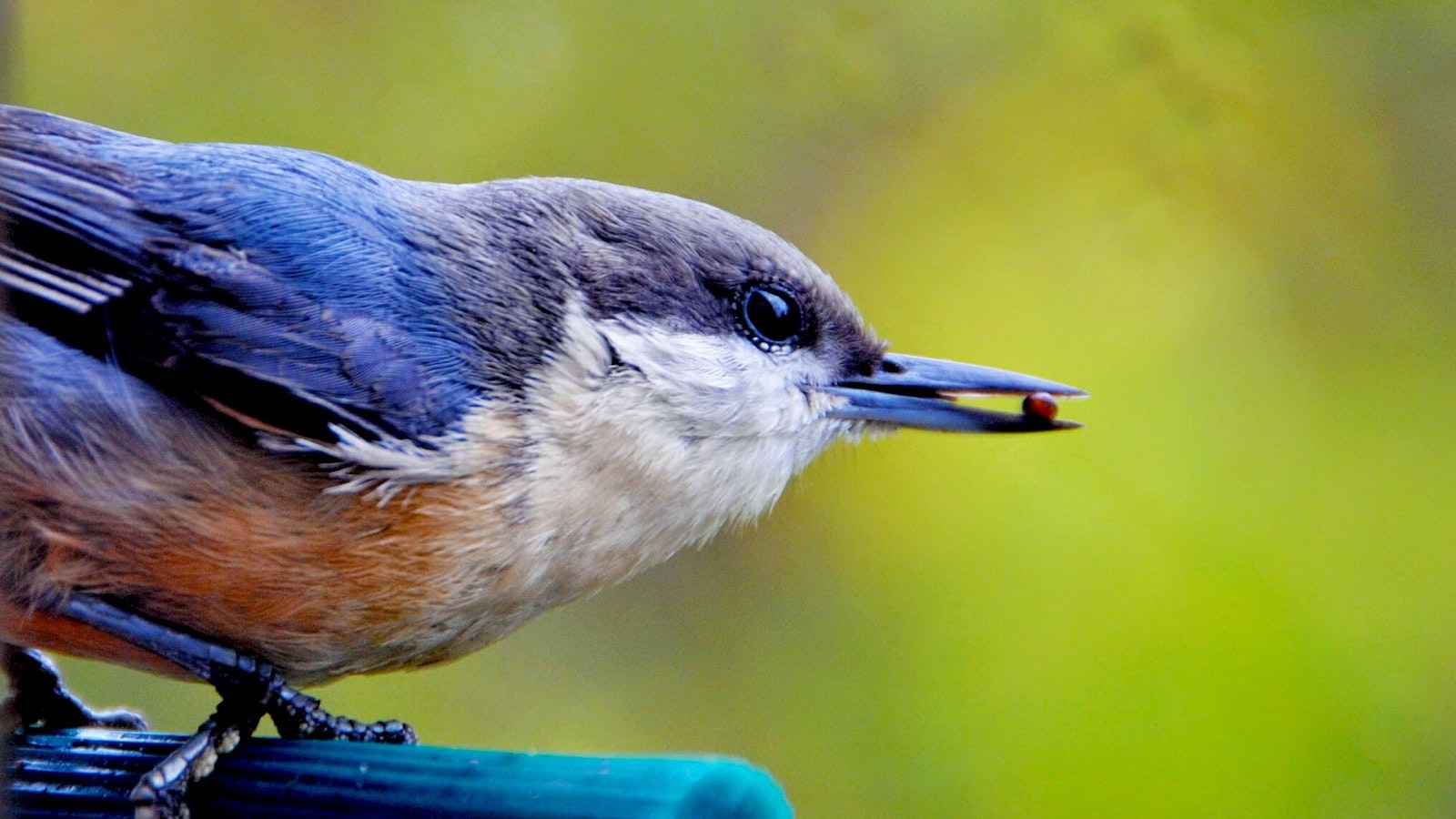
EPA report says pesticides endanger wildlife
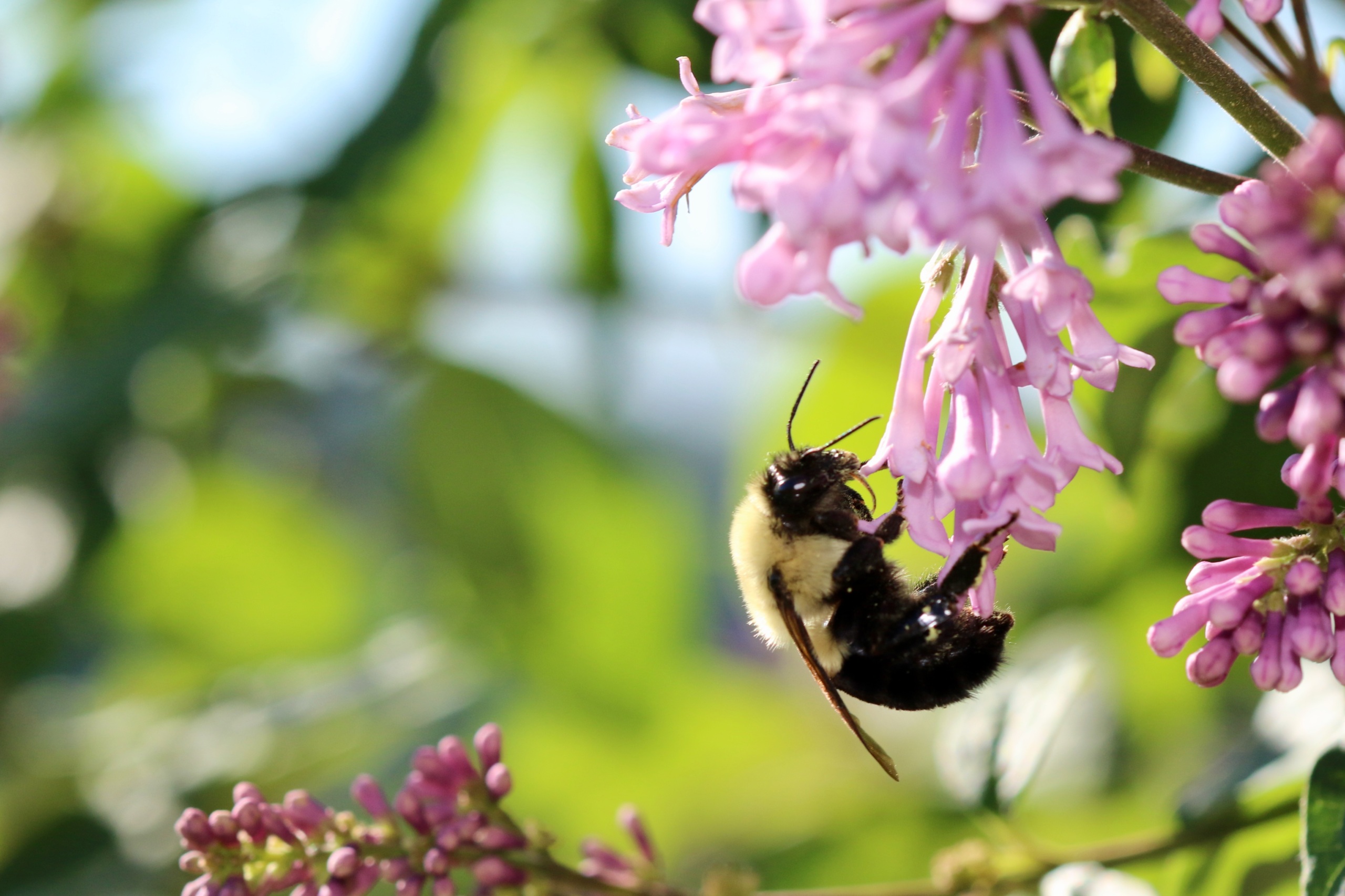
Why we should save the bees, especially the wild bees who need our help most
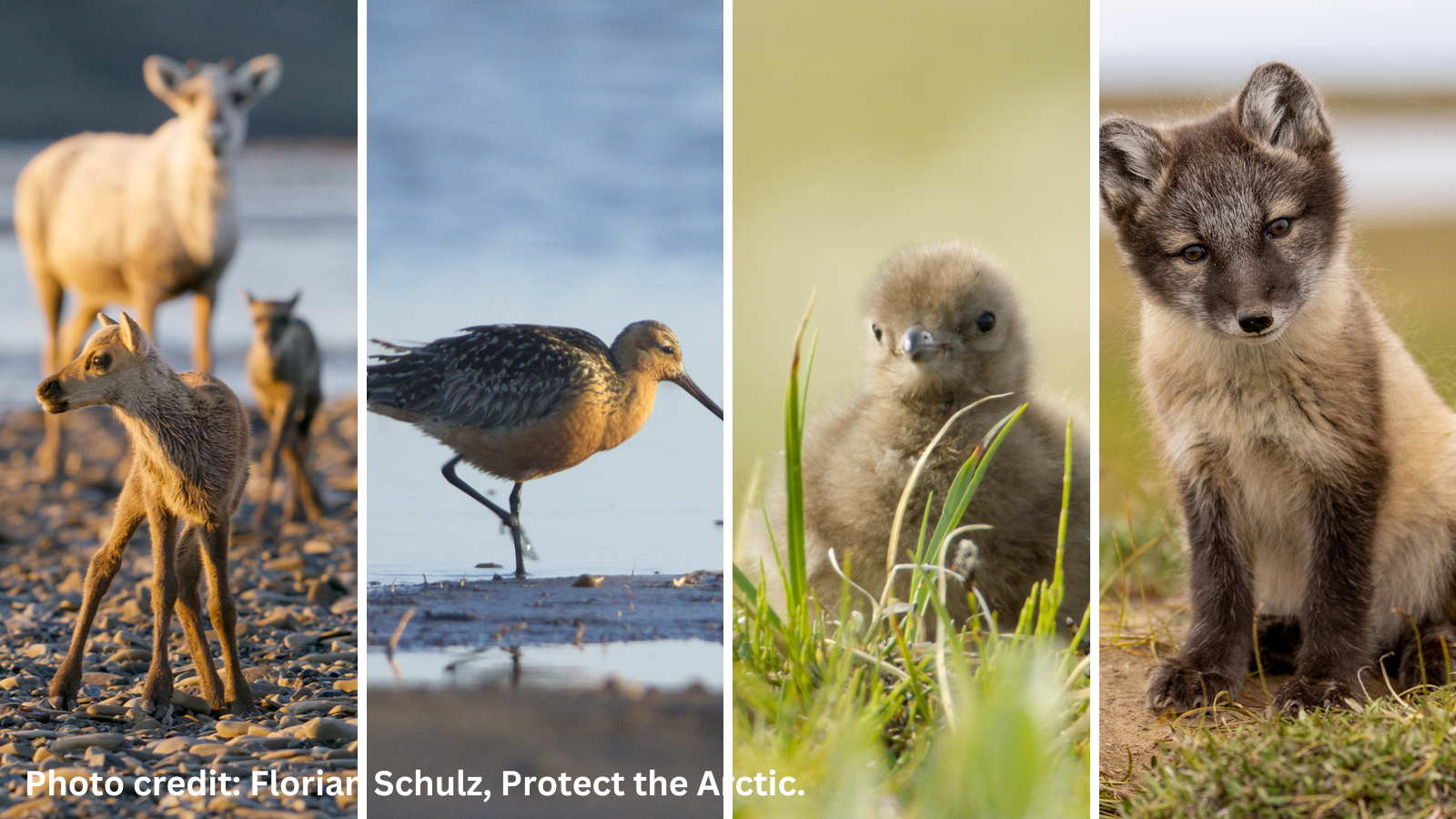
Why Alaska’s NPR-A, site of the Willow Project, deserves protection



